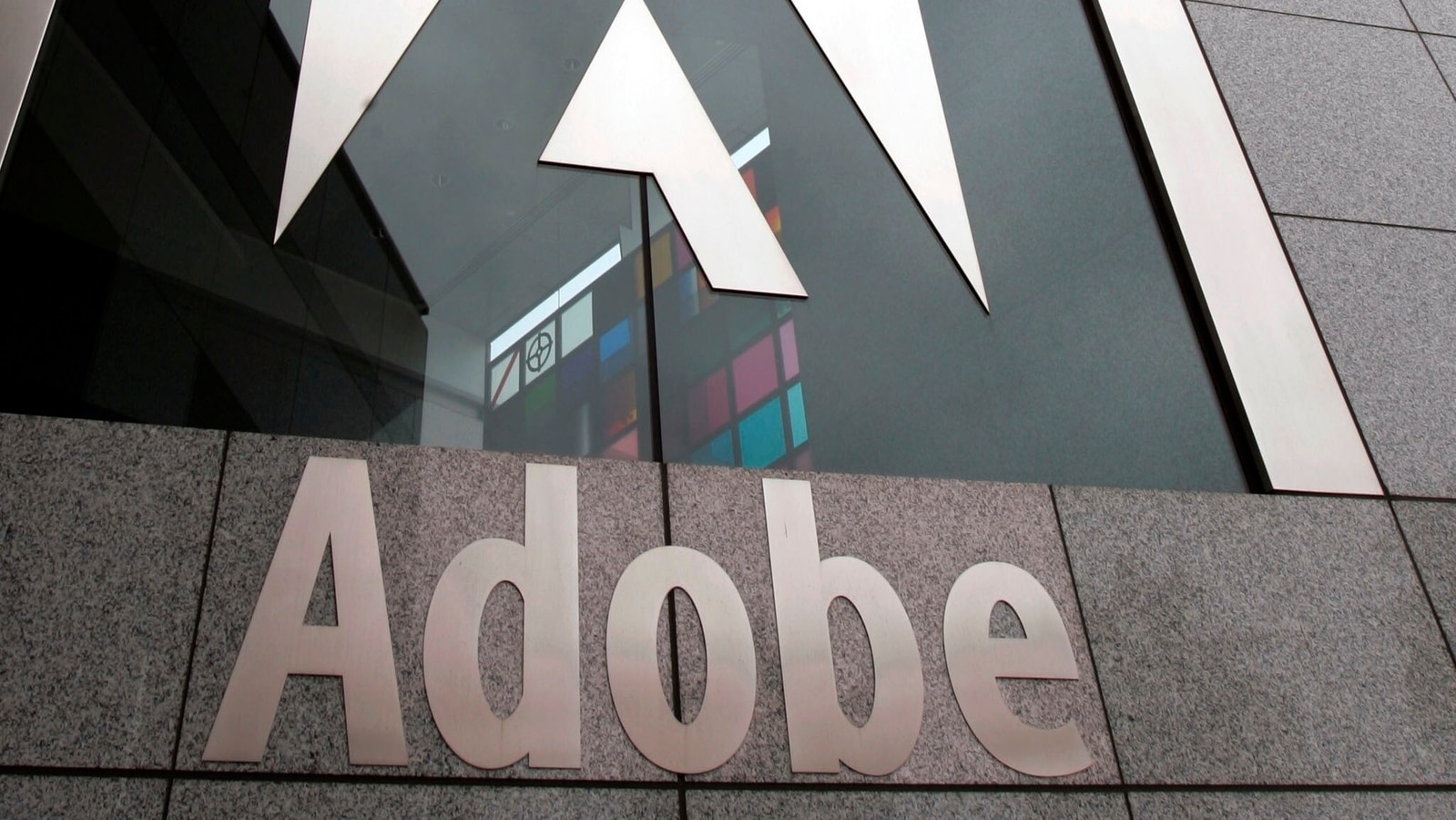Adobe’s $20 Billion Deal for Figma Draws DOJ Antitrust Scrutiny
The US Justice Department is investigating Adobe Inc.’s $20 billion deal to buy design software startup Figma Inc.

The US Justice Department is investigating Adobe Inc.'s $20 billion deal to buy design software startup Figma Inc., according to a person familiar with the matter, a sign the companies could face a drawn-out review of the deal.
The agency has begun talking to Figma's customers and rivals as part of a probe to determine whether the transaction will hurt competition, the person said, asking not to be identified discussing an ongoing investigation.
Adobe said it's “engaged in productive discussions with regulators to ensure they have a full understanding of the combination.”
Adobe's Figma deal, which carried the largest price tag for a private software maker ever, was announced in September. While Adobe has said it expects to close the merger in 2023, the agreement allows for an extension until March 2024.
San Jose, California-based Adobe, the leader in creative software, is looking to expand its web-based offerings and appeal to designers and small businesses that have shifted toward streamlined products from companies like Figma, Canva Inc. and Lightricks Ltd. in recent years.
The deal announcement triggered the steepest one-day decline in Adobe shares since 2010. The price, double Figma's most recent valuation, sparked concern among Adobe investors about intensifying competitive pressure in the creative software market.
Figma has built a devoted user base because of its collaborative approach to app and website design software. The startup has trounced Adobe's rival XD product in recent years, which today makes about $17 million a year in standalone annual recurring revenue and has 19 developers on staff, according to Adobe General Counsel Dana Rao.
That's a fraction of Figma's recurring revenue, which is estimated to hit $400 million this year, Adobe said when it announced the deal.
Adobe has argued that Figma is serving a different market than its own core creative tools like Photoshop, which is used for photo editing, or Premiere, which is used for cutting video.
Politico reported earlier that DOJ is scrutinizing the deal.
The inquiry wouldn't be Adobe's first encounter with antitrust regulators over a deal. The company went through in-depth regulatory scrutiny over its 2005 purchase of Macromedia Inc., a suite of web development tools.
The Justice Department investigated whether that merger would eliminate competition for web design and graphics illustration software, but ultimately cleared the transaction. One piece of Macromedia's software that competed with Adobe's flagship graphic design program, Illustrator, was shut down within two years of the deal closing.
Under the Biden administration, the Justice Department is stepping up antitrust enforcement against deals it views as anticompetitive, especially in the technology sector, which has been largely unregulated for decades.
“Everybody knows that right now the regulatory environment is hard for any company looking at a potential merger or acquisition,” Adobe's Rao said in a recent interview. “As soon as we have the opportunity to explain who we are, what we're buying and why this good for customers, we feel that this will be approved.”
Not everyone is so confident about the merger's prospects. Antitrust regulators have become increasingly concerned about “killer acquisitions” -- where a dominant player buys a rival upstart to keep it from growing into a viable competitor, said Florian Ederer, an economics professor at Yale School of Management, who coined the theory.
The Adobe-Figma deal can be seen as an example of that, Ederer said. The quality of the startup's innovative product slowly stagnates as it's incorporated into the bigger company, he said, failing to improve as much as it would if it remained independent.
Ederer pointed to Microsoft Corp. 's purchase of Skype and Intuit Inc.'s acquisition of Mint as examples of similar transactions in the technology sector where dominant players bought out promising upstarts and then allowed them to languish.
It's “almost like paid suicide,” he said. “The founders are perfectly happy to sell out because they are getting compensated for the competitive threat they would pose if they stayed independent.”
While the theory has plenty of economic and real-world evidence, cases that focus on potential competition have faced a tough hurdle in court, he said.
“These cases are extremely hard to win,” Ederer said. “It's not exactly a direct competitor right now, but they could be in five years.”
Catch all the Latest Tech News, Mobile News, Laptop News, Gaming news, Wearables News , How To News, also keep up with us on Whatsapp channel,Twitter, Facebook, Google News, and Instagram. For our latest videos, subscribe to our YouTube channel.































